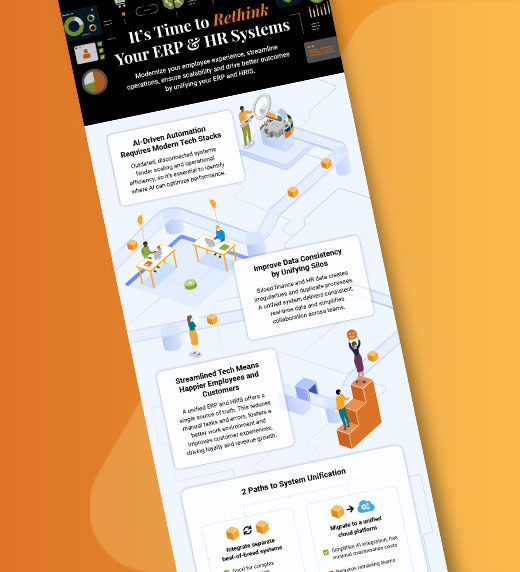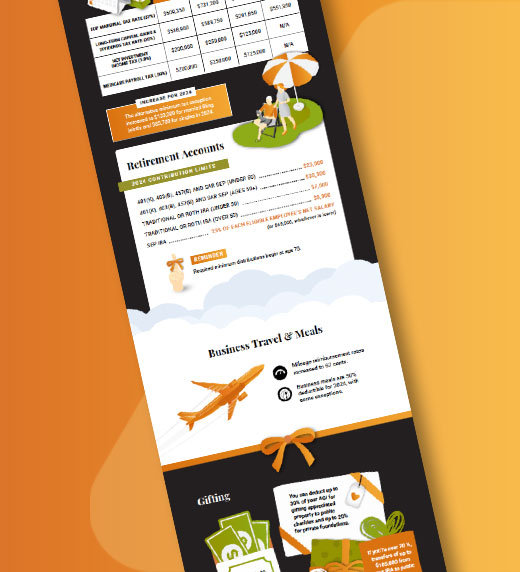
California cannabis dispensaries are in a unique position during the COVID-19 shelter-in-place orders because, in most local jurisdictions, they have been marked as essential businesses and are allowed to operate, albeit with increased local rules and regulations such as social distancing. Businesses often see sharp declines during times of crisis, but there are many that have weathered multiple financial crises and come out stronger. The recipe for success during times like these is for cannabis dispensaries to focus on safety and business process efficiency while enabling services for your customers to continue.
Companies need to develop policies to protect employees and customers when they are in dispensaries. Unfortunately, cannabis shops are unable to adopt some practices that other businesses are using, such as in-app credit card purchases to avoid the use of cash or preparing orders over the phone before a customer arrives. This means that it is imperative to follow best practices on business safety.
To properly protect employees, the first step is to empower them with the knowledge to protect themselves. If you haven't already done so, one best practice to mitigate risk is to hold an educational session with employees, including security staff, to cover social distancing laws (at least 6 feet) and guidelines on how to limit the number of customers in the dispensary at a given time. This includes sending employees educational material, as well as posting hard copies of the new policy throughout dispensaries.
Businesses must also develop and document preparedness and rapid response plans. Those that are reactionary and do not have security plans documented are at a higher disadvantage. Uneducated employees pose both a business risk and a health risk to employees and customers.
A key best practice recommended by the Centers for Disease Control and Prevention (CDC) is to regularly disinfect all frequently touched surfaces. Some risk of employee sickness can be mitigated by providing easily accessible hand sanitizer and disinfectant wipes throughout dispensaries.
Another best practice recommended by the CDC is to provide flexible sick leave to employees. During these times, it is especially important to be human and understand that employees may have family members who need to be cared for at home. Policies for family and medical leave were extended and enhanced by the Families First Coronavirus Response Act (H.R. 6201).
While the CDC guidelines are important, it is also vital for businesses to follow all local regulations set by city and county governments. For example, there are increased regulations on capacity to help slow the spread of the virus.
Some important resources to follow include:
As all businesses are being asked to conform to a new normal during these disruptive times, there is an opportunity to transform business processes to be resilient and more efficient. We are seeing cannabis dispensaries take this unique chance to transform their organizations for the future. Workers have been extremely open to change during this time, and this creates opportunities to refine their business processes to be more efficient and safer for everyone involved, with direct buy-in from stakeholders.
While this may seem like a time to be conservative with decisions, there are two undeniable truths about business in the 21st century: It has never changed as fast as today, and it will never be changing this slowly again.
The COVID-19 pandemic has taught us that businesses that are reactive to change are much more susceptible to taking losses during crises. For example, companies that do not have cloud computing capabilities may not have direct access to important financial information. Their owners and employees may need to be on-site where their technology platform is located in order to access the data. This affects not only internal processes but also aspects such as vendor payment.
Business processes are being refined daily, even if we are unaware of it. This is a great time to define and document processes to focus on value-added steps. Companies need to cut waste and improve efficiency because every inefficient process that occurs in a dispensary can be a direct risk to the safety of customers and employees, and to the bottom line. Managers need to get down to a very granular level to define and document every employee process.
In recent business process transformation (BPT) engagements, clients have seen a 40% time reduction across core processes such as period close, hiring and firing, and procurement. (During these projects we assess a company's people, processes and technology to help managers focus on the financials.)
One key improvement that clients make is increasing the amount of real-time data that is automatically available. It is critical to spend extra time analyzing financials to focus on the most important key performance indicators (KPIs) and business drivers during COVID-19. Tracking KPIs such as absenteeism, burn rate, operating cash flow, stock turnover rate, and traffic trends and patterns will help management understand customer, employee, and financial data.
If you have questions or would like to learn more about business process improvement for cannabis dispensaries, contact our experts. For the latest regulatory updates or other information on running your business during disruption, visit Armanino's COVID-19 Resource Center.


